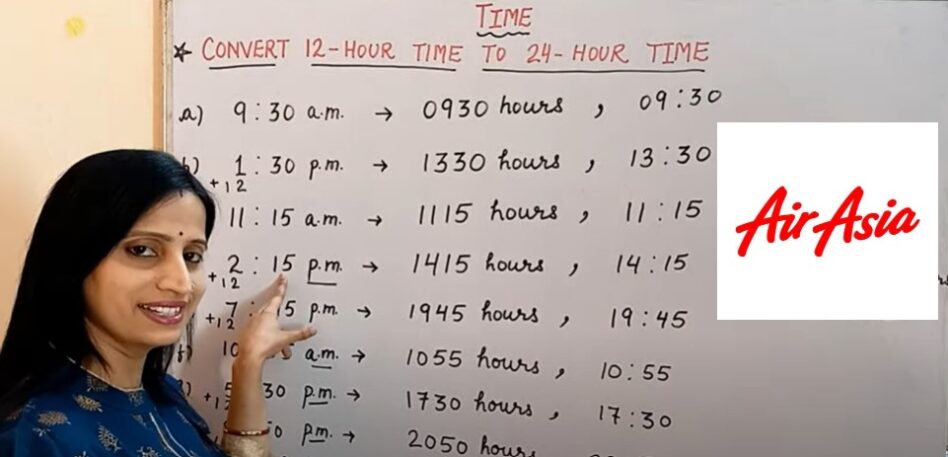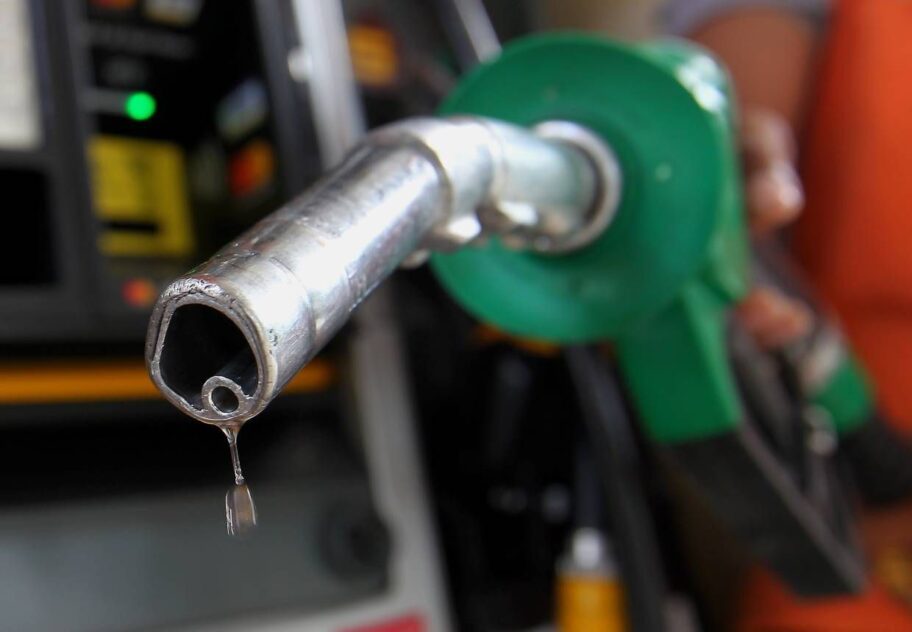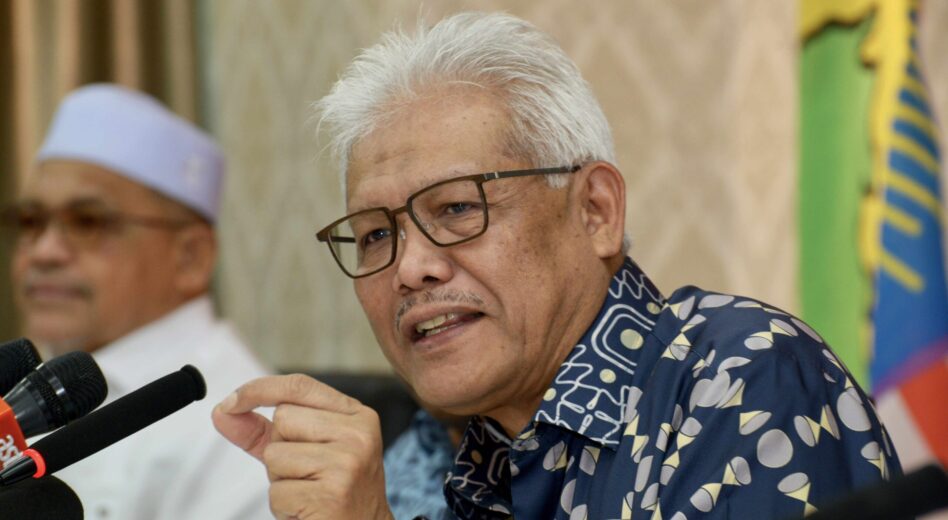NON-PROFIT organisations have been a consistent part of the Malaysian welfare system.
These organisations primarily aim to address the material and non-material needs of orphanages, old folks’ and special care homes for the disabled.
However, only an estimated 13% of the 20,749 social enterprises in Malaysia are involved in food recovery today.
Since the COVID-19 pandemic, food banks have risen from obscurity to being at the forefront of food aid reliefs, especially via the ‘Bendera Putih’ (White Flag) and ‘Kita Jaga Kita’ initiatives.
Worsening climate change and the increasing income and social disparity among the local population have re-emphasised the role of social organisations in food recovery initiatives.
Consequently, the humble food bank has emerged as an innovative version of the circular economy business model, in contrast to the ‘take-make-waste’ linear model.
Currently, most social organisations engaging in food recovery are privately owned and operated.
The challenges faced by these organisations involve cash flow, recruitment, legislative support, workspace availability and business skills.
Insufficient institutional support also sees these outfits relying on funds from charities and corporate social responsibility (CSR) programmes.
Despite this, food banks remain a major player in the food recovery network, which involves an extensive network of hypermarkets, restaurants, non-governmental organisations (NGOs) and individuals.

In the absence of relevant policies and regulations in recovering and distributing surplus food, food banks step in as changemakers.
Local food banks support the Government’s national goals of poverty elimination as outlined in the Shared Prosperity Vision 2030 and indirectly support global sustainable development goals.
Malaysia records a high rate of malnutrition, specifically among children.
Malnutrition is often understated despite its repercussions on general population wellbeing, health care costs and economic productivity.
Given the lack of access to nutritional food, marginalised segments in Malaysia commonly suffer from malnutrition, stunting and obesity.
This phenomenon is predominant among the Bottom 40% (B40) group, which consists of households earning incomes of RM2,500 and below.
In 2019, 2.91 million Malaysian households were categorised as B40.
In 2020, a devastating 12.5% more households were added to the B40 group due to job losses and wage cuts amidst the pandemic.
While the government’s basic food subsidies for sugar, oil, flour, and rice helped ease the financial burden of many, it did not offer a balanced nutritional diet.
Food banks are crucial in filling such gaps in public policy.
Food banks serve as the closest link to the needy, with access to their specific needs, locations and dietary requirements.
Access to demographic information, including age and health conditions, allows food banks to better support recipients’ dietary requirements.
This helps optimise nutritional supply to different types of care homes, for example, old folks’ homes versus orphanages.
Food banks strategically source from multiple suppliers, including bakeries, grocers, and fresh markets, to mitigate the risk of supply disruption due to overdependence on food donations.
Environmental protection is another pillar that unites the food bank movement by rescuing discarded food still fit for consumption from landfills.
Malaysians generate 16,000 tonnes of excess food daily, 4000 tonnes of which is still edible.
Due to a lack of incentives, food waste is not reused or recycled at the same rate as paper or plastic.
Wasted food then ends up rotting in landfills, producing hazardous greenhouses gas such as methane.
From an operations standpoint, most food banks are left to develop their own processes, given the unregulated nature of the industry.

Established food banks have over the years developed business models based on tested designs, becoming experts in food recovery logistics.
Additionally, some food banks have sophisticated organisational structures, with dedicated departments for stakeholder management, volunteer recruitment, fundraising and marketing.
These business models are increasingly used as benchmarks by the authorities in welfare development.
The recent COVID-19 pandemic further increased government dependency on social organisations in supporting the needy.
Specifically, food banks were sought as they often possessed a more comprehensive database than the welfare department of those requiring support.
Socially, food banks play a progressive role in changing perceptions of food waste.
In the often material-centric Eastern culture, discarded food is viewed as ‘stigmatised’ or ‘contaminated’, associated with homelessness or survival.
Food banks challenge traditional conceptions of food by normalising the consumption of food that has been excluded from the mainstream food market.
The processes of sorting, cleaning and re-purposing food items destigmatise waste food, imbuing meals with dignity.
The time and energy inputs of volunteers also increase the inherent value of the food.
The impact of food banks goes beyond providing meals for those in need.
They also play an important role in minimising the financial burden of low-income groups, boosting access to nutritional food, facilitating CSR efforts and addressing environmental concerns.
Despite the immense contribution to society, food banks face significant challenges while operating in an unregulated industry with minimum financial support.
Nevertheless, the role of food banks in the surplus food recovery network is expected to grow and presents a valuable case study on the topic of designing circular economies in Malaysia. – Sept 15,2021
Dr Vimala Kunchamboo is a lecturer at Department of Marketing, School of Business, Monash University Malaysia.
The views expressed are solely of the author and do not necessarily reflect those of Focus Malaysia.










